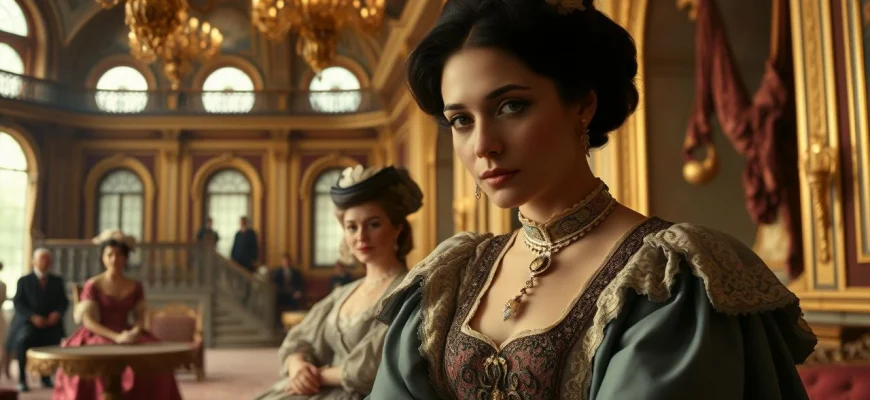If you loved the drama and intricate class dynamics of 'Upstairs Downstairs' (2010), you're in for a treat! This article explores 10 similar movies and TV shows that capture the same essence of historical grandeur, societal divides, and compelling storytelling. Whether you're a fan of period dramas or simply enjoy rich character development, these recommendations will transport you to another era with their captivating narratives.
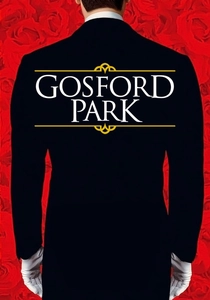
Gosford Park (2001)
Description: Gosford Park shares similarities with Upstairs Downstairs (2010) in its depiction of the British class system through the interactions between aristocrats and their servants. Both are set in the early 20th century and use a country house as a microcosm of society. The film's ensemble cast and intricate plotlines mirror the layered storytelling of Upstairs Downstairs.
Fact: Gosford Park was directed by Robert Altman and written by Julian Fellowes. The film won the Academy Award for Best Original Screenplay. It features an all-star British cast, including Maggie Smith, who also stars in Downton Abbey.
 Watch Now
Watch Now 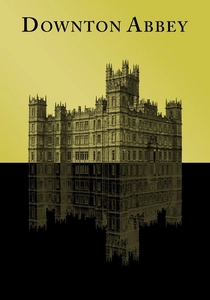
Downton Abbey (2010)
Description: Downton Abbey is similar to Upstairs Downstairs (2010) in its portrayal of the lives of both the aristocratic Crawley family and their servants in early 20th century England. Both series explore themes of class division, social change, and personal relationships within a grand estate setting. The storytelling style, which balances drama with historical context, is also comparable.
Fact: Downton Abbey was created by Julian Fellowes, who also wrote the screenplay for Gosford Park. The series won numerous awards, including three Golden Globes and 15 Primetime Emmy Awards. Highclere Castle, where Downton Abbey is filmed, is a real-life estate that has been the home of the Carnarvon family since
 Watch Now
Watch Now 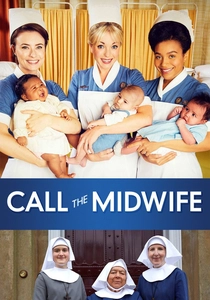
Call the Midwife (2012)
Description: Call the Midwife shares with Upstairs Downstairs (2010) a focus on the lives of working-class women in mid-20th century Britain. Both series offer a compassionate look at the challenges and triumphs of their characters, set against a backdrop of social and medical change.
Fact: Call the Midwife is based on the memoirs of Jennifer Worth. The series has been praised for its accurate depiction of midwifery and social conditions in the 1950s and 1960s. It has been renewed through 2026, making it one of the BBC's longest-running dramas.
 Watch Now
Watch Now 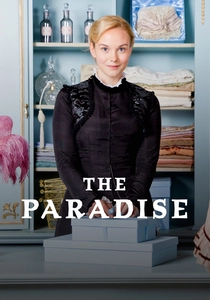
The Paradise (2012)
Description: The Paradise is similar to Upstairs Downstairs (2010) in its depiction of the lives of both the owners and employees of a grand department store in Victorian England. Both series explore themes of ambition, love, and social mobility, with a focus on the interactions between different classes.
Fact: The Paradise is based on the novel Au Bonheur des Dames by Émile Zola. The series stars Joanna Vanderham and Emun Elliott. It was the BBC's first period drama set in a department store.
 Watch Now
Watch Now 
Poldark (2015)
Description: Poldark, like Upstairs Downstairs (2010), is a period drama that explores class tensions and personal relationships in a historical setting. While Poldark is set in 18th century Cornwall, it shares with Upstairs Downstairs a focus on the struggles and romances of its characters amidst social upheaval.
Fact: Poldark is based on the novels by Winston Graham. The series stars Aidan Turner as Ross Poldark. The original 1970s adaptation was one of the BBC's most popular series.
 Watch Now
Watch Now 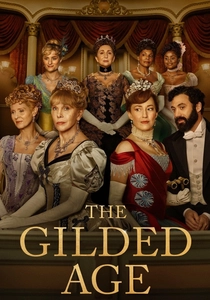
The Gilded Age (2022)
Description: The Gilded Age, like Upstairs Downstairs (2010), explores the dynamics between the wealthy and their servants, albeit in a different historical and geographical context (1880s New York). Both series highlight the tensions and relationships between different social classes during periods of significant economic and social change.
Fact: The Gilded Age is created by Julian Fellowes. The series stars Christine Baranski and Cynthia Nixon. It was originally conceived as a prequel to Downton Abbey but was developed as a standalone series.
 Watch Now
Watch Now 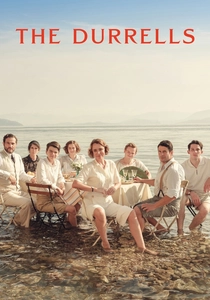
The Durrells (2016)
Description: The Durrells, like Upstairs Downstairs (2010), is a period drama that explores family dynamics and personal growth in a historical setting. While The Durrells is set in 1930s Corfu, it shares with Upstairs Downstairs a warm, character-driven narrative and a focus on the relationships between its protagonists.
Fact: The Durrells is based on Gerald Durrell's autobiographical Corfu Trilogy. The series stars Keeley Hawes as Louisa Durrell. It was filmed on location in Corfu, Greece.
 Watch Now
Watch Now 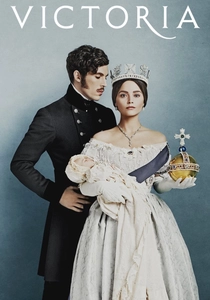
Victoria (2016)
Description: Victoria shares with Upstairs Downstairs (2010) a focus on the British monarchy and the lives of those who serve them. Both series offer a behind-the-scenes look at the personal and political challenges faced by their protagonists, set against the backdrop of a rapidly changing society.
Fact: Victoria stars Jenna Coleman as the young Queen Victoria. The series was created by Daisy Goodwin, who also wrote the novel on which it is based. It was filmed at various historic locations, including Harewood House and Castle Howard.
 Watch Now
Watch Now 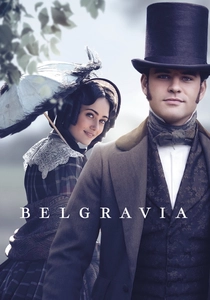
Belgravia (2020)
Description: Belgravia is similar to Upstairs Downstairs (2010) in its focus on the lives of both the upper class and their servants in 19th century London. Both series are created by Julian Fellowes and share a narrative style that intertwines personal dramas with broader social issues.
Fact: Belgravia is based on Julian Fellowes' novel of the same name. The series was initially released as an audiobook before being adapted for television. It features Tamsin Greig and Philip Glenister in lead roles.
 Watch Now
Watch Now 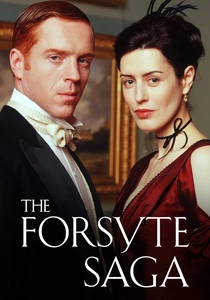
The Forsyte Saga (2002)
Description: The Forsyte Saga, like Upstairs Downstairs (2010), is a period drama that delves into the lives of a wealthy British family, exploring themes of love, betrayal, and social expectations. Both series are based on classic literature and provide a detailed look at the mores and manners of their respective eras.
Fact: The Forsyte Saga is based on the novels by John Galsworthy. The 2002 adaptation stars Damian Lewis and Gina McKee. The original 1967 series was the first BBC drama to be sold to the Soviet Union.
 Watch Now
Watch Now 
